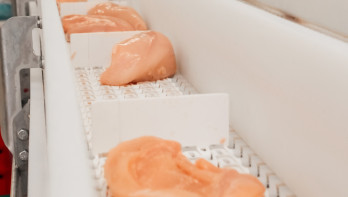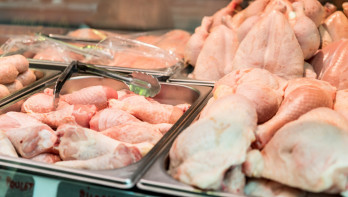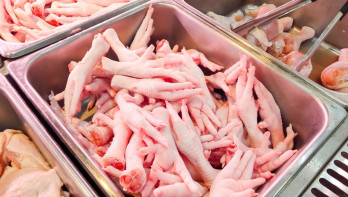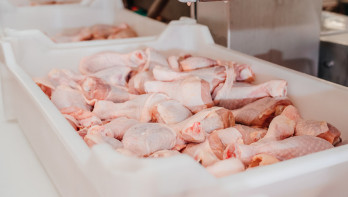Analysis Chicken & Poultry meat
Fading optimism in Ukrainian poultry sector
The international coverage of the Ukrainian poultry meat market was almost exclusively positive until recently. However, this image is starting to change. Skepticism is emerging about strategic decisions of the mega-slaughterhouse MHP that were previously well received. In addition, more emphasis is being placed on the challenges brought about by the war. Particularly, the problems on the Ukrainian energy grid could lead to complications in the short term.
So far, the image of the Ukrainian sector has been predominantly positive. It is emphasized that chicken in Ukraine is produced in relatively safe areas in the north and east. This also applies to the Ukrainian mega-company MHP, which owns 70% of the Ukrainian sector. The results of MHP for 2023 were largely interpreted positively as well, as revenue increased and the company managed to improve its debt position.
The coverage of the position of the Ukrainian poultry sector is becoming noticeably less positive. The decision of MHP to pay off debts is no longer seen as a success by analysts, but rather as a choice for a more conservative approach. While the company experienced extremely rapid growth before the war, MHP has opted for the security of lower costs since the war.
Challenging circumstances
Furthermore, there is increasing emphasis on the challenges facing the Ukrainian poultry sector. The consumption of chicken meat in Ukraine has significantly decreased, forcing the Ukrainian sector to focus even more strongly on exports. Due to the war, the share of revenue from exports for the company increased from 53% in 2020 and 2021 to around 60% in 2022 and 2023. It does not help that the company has now lost its unrestricted access to the European market and that the Ukrainian sector is once again more reliant on the world market. Since the beginning of summer, there has been an effective import quota of 137,000 tons of Ukrainian chicken.
Additionally, the company continues to sell its chicken in the affected areas, which sometimes leads to accidents. For example, in May, the company announced writing off $7 million worth of chicken after a storage warehouse was hit in southern Ukraine.
Moreover, a significant devaluation of the Ukrainian hryvnia has two clearly contradictory sides. Before the war, one Ukrainian hryvnia was worth about 3 euro cents. It has now dropped in value to around 2.2 cents. On one hand, this is favorable for exports, but on the other hand, it makes the import of equipment considerably more expensive. The company is faced daily with shortages of trucks and containers.
Pressure on energy grid
Most likely, there is one factor that stands out negatively, and that is the growing pressure on the Ukrainian energy grid. Since the start of the war, the Russian army has been targeting the Ukrainian energy grid, sparing no area. To destabilize the country's population, Russia is not only shutting down the energy grid in the occupied areas but across all of Ukraine. In the first two years of the war, Ukraine proved capable of restoring the infrastructure, but there are increasingly more gaps in the infrastructure.
In the first two years of the war, this was mainly evident in the decline of renewable energy sources. The 2023 annual report of MHP states that the share of renewable energy in the company's operations decreased by 4% in the first year of the war. While this may seem like a small decline, in practice, the company becomes more dependent on its own production. In practice, the share of biogas within the sustainable energy sources of the company increased from 68.8% to 89.5%. This was necessary to compensate for the decrease in hydro-energy on the Ukrainian energy grid. Analysts expect that such gaps in energy supply will become more severe. It is therefore not unlikely that MHP will have to shut down production more frequently in the coming years when there is insufficient power available to operate the slaughter lines or cool products. Especially if it becomes impossible to heat all citizens' homes in winter, it would not be surprising if MHP is not at the forefront.




